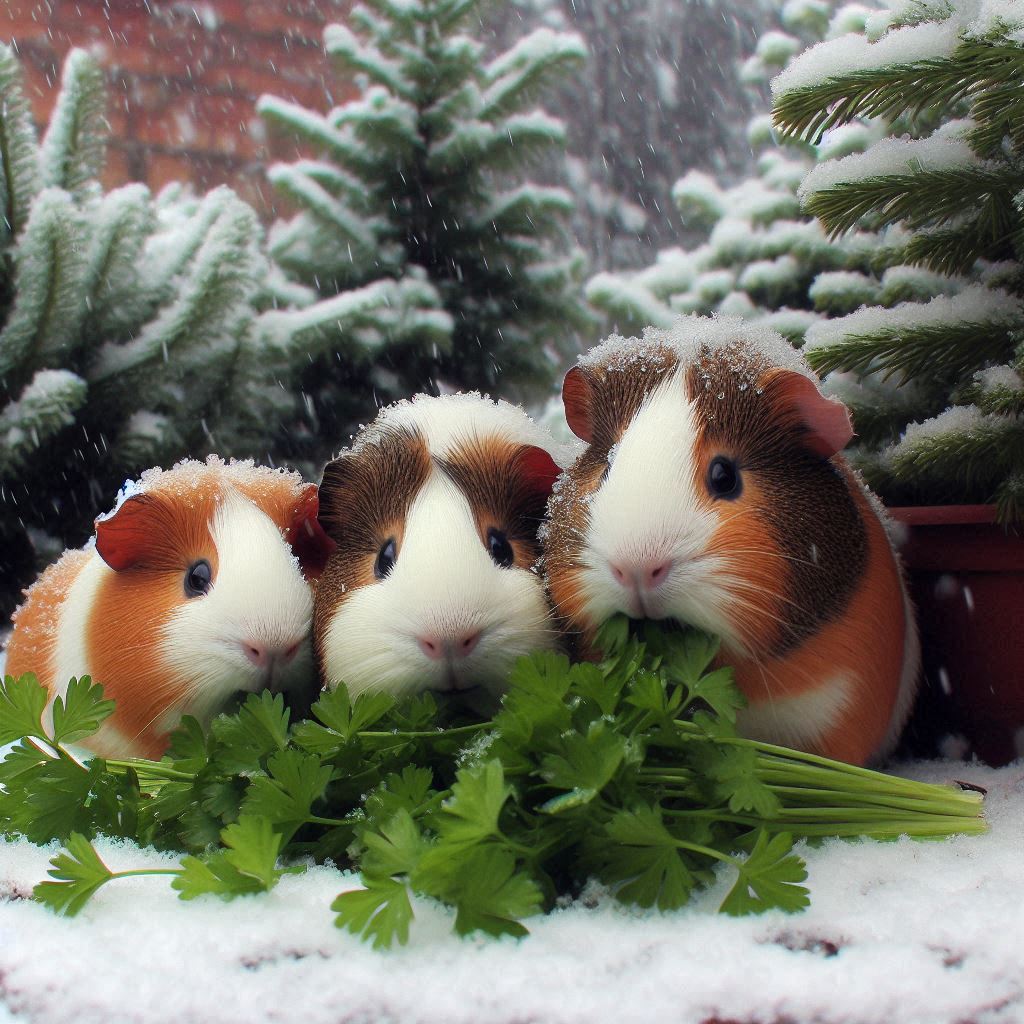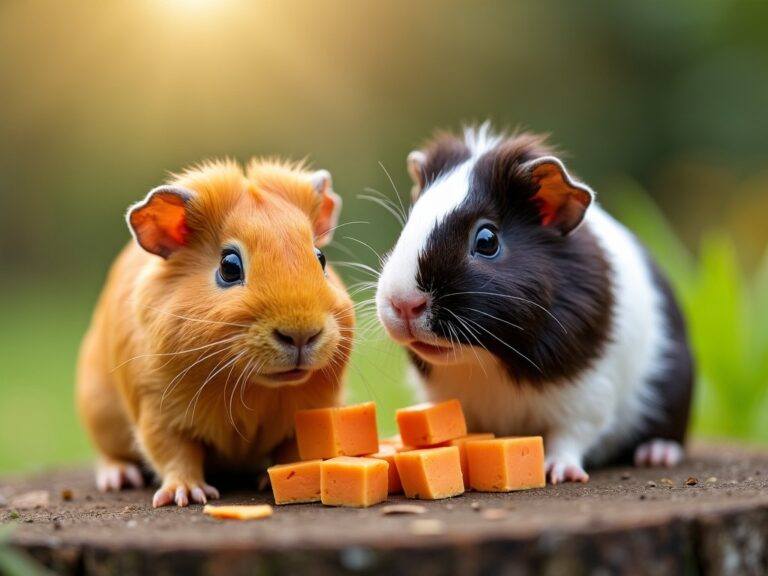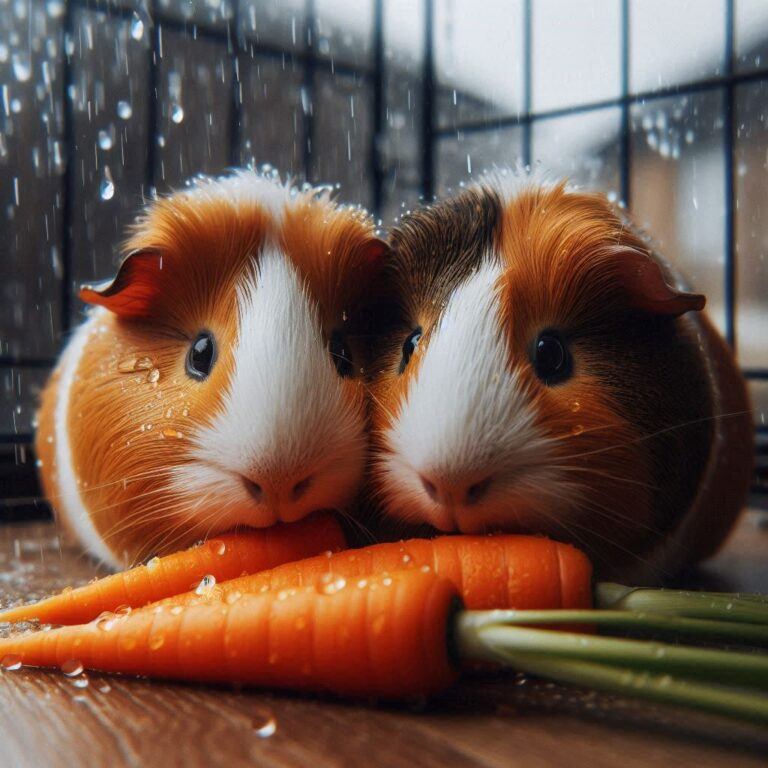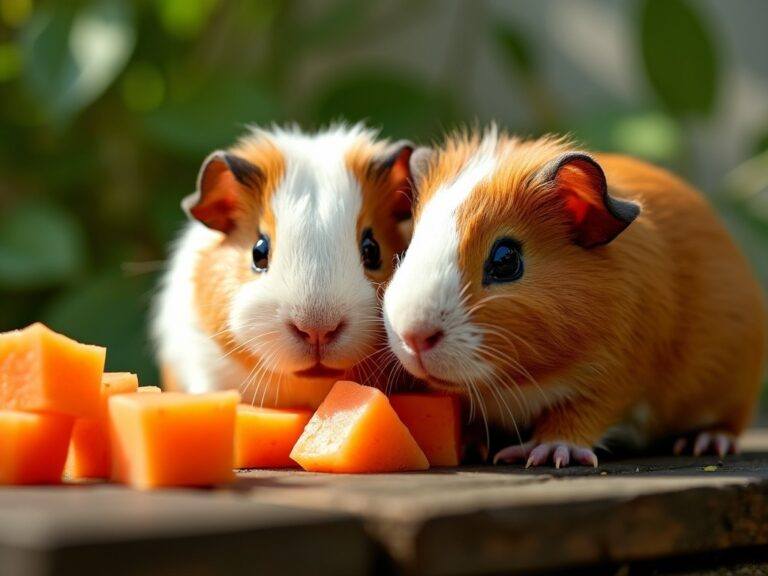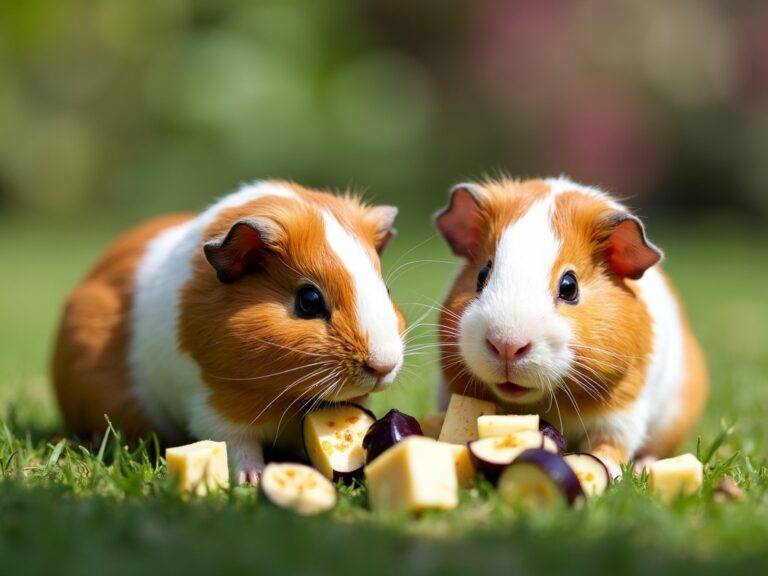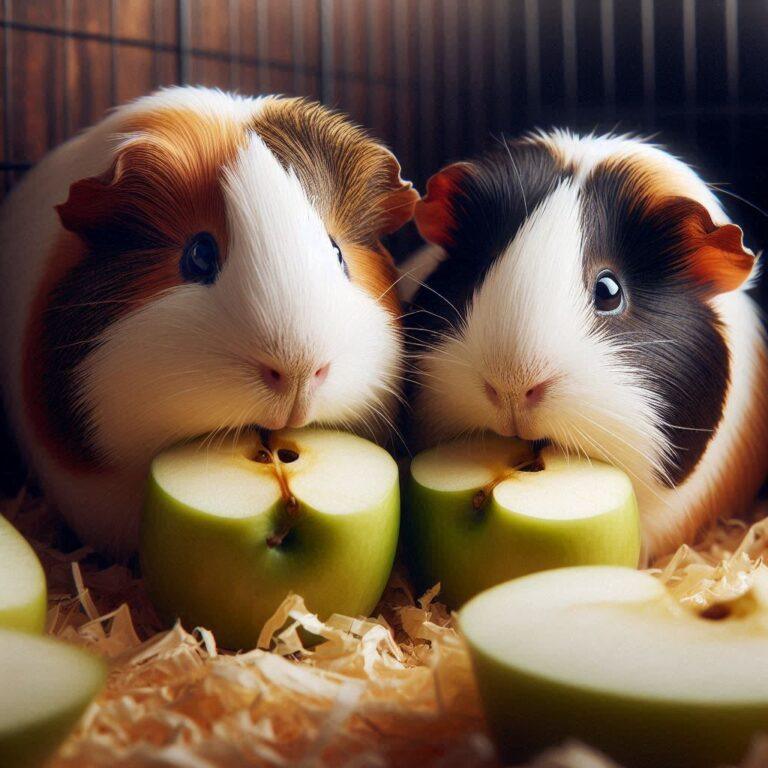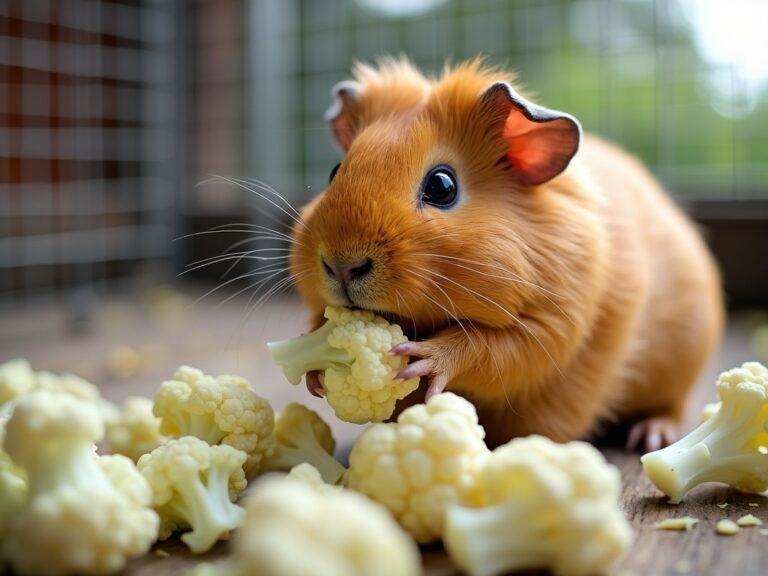Can Guinea Pigs Safely Eat Fresh Parsley
Yes, guinea pigs can safely eat fresh parsley. It’s a nutritious herb that provides essential vitamins and minerals, particularly vitamin C, which is crucial for guinea pig health. However, it should be given in moderation as part of a balanced diet to avoid potential digestive issues.
Parsley is a nutrient-dense herb that offers several benefits to guinea pigs when fed appropriately.
As a guinea pig owner, it’s essential to understand the proper feeding guidelines and potential risks associated with parsley consumption.
This knowledge will help you make informed decisions about incorporating parsley into your pet’s diet.
Benefits of Parsley for Guinea Pigs
Parsley is packed with nutrients that can contribute to your guinea pig’s overall health. Here are some key benefits:
- Vitamin C: Supports immune function and helps prevent scurvy.
- Vitamin A: Supports eye health and immune function
- Vitamin K: Important for blood clotting and bone health
- Folate: Aids in cell division and growth
- Potassium: Helps maintain proper nerve and muscle function
- Antioxidants: Protect cells from damage caused by free radicals
Parsley can have positive effects on your guinea pig’s health when fed in appropriate amounts. It may help improve their immune system, support digestive health, and contribute to maintaining healthy skin and coat.
Proper Feeding Guidelines
To ensure your guinea pig benefits from parsley without experiencing adverse effects, follow these feeding guidelines:
Offer a small sprig or about 1-2 tablespoons of chopped parsley per guinea pig and I recommend giving it 2-3 times a week as part of a varied diet. It shouldn’t replace their main food sources like hay and pellets.
Always wash the parsley thoroughly to remove any pesticides or dirt and chop it into small, manageable pieces to prevent choking.
Watch for symptoms like diarrhea, bloating, or changes in appetite or behavior. If you notice these signs, reduce or temporarily stop feeding parsley and consult a vet if symptoms persist.
Remember, moderation is key. While parsley is nutritious, it shouldn’t make up a large portion of your guinea pig’s diet.
The bulk of their food intake should still consist of high-quality hay, supplemented with pellets and a variety of vegetables.
Precautions and Alternatives
While parsley is generally safe for guinea pigs, there are some precautions to keep in mind:
• Kidney stones: Parsley contains oxalic acid, which in large amounts can contribute to the formation of kidney stones.
• Digestive upset: Overfeeding can lead to diarrhea or other gastrointestinal issues.
• Nutrient imbalance: Too much parsley might lead to an overconsumption of certain vitamins and minerals.
Other safe herbs for guinea pigs (in moderation of course) are cilantro, basil, dill, mint (in small amounts), and oregano.
Foods to avoid:
- Iceberg lettuce (low nutritional value and can cause diarrhea)
- Onions and garlic (toxic to guinea pigs)
- Avocado (high in fat and potentially harmful)
- Chocolate and caffeine (toxic to guinea pigs)
- Nuts and seeds (choking hazard and high in fat)
Always introduce new foods gradually and in small amounts to monitor your guinea pig’s reaction. If you’re unsure about a particular food, consult a veterinarian specializing in exotic pets.
A Healthy Treat in Moderation
Fresh parsley can be a nutritious addition to your guinea pig’s diet when fed in moderation. It provides essential nutrients, particularly vitamin C, which support your pet’s overall health.
Remember to follow the recommended serving sizes and frequency to avoid potential issues.
The key to a healthy guinea pig diet is variety and balance. While parsley offers numerous benefits, it should be just one component of a diverse range of vegetables and herbs, alongside unlimited hay and measured portions of pellets.
Always observe your guinea pig’s reaction when introducing new foods and consult with a vet if you have any concerns about their diet or health.
Following these guidelines, you can safely incorporate parsley into your guinea pig’s meal plan, contributing to their well-being and happiness.

